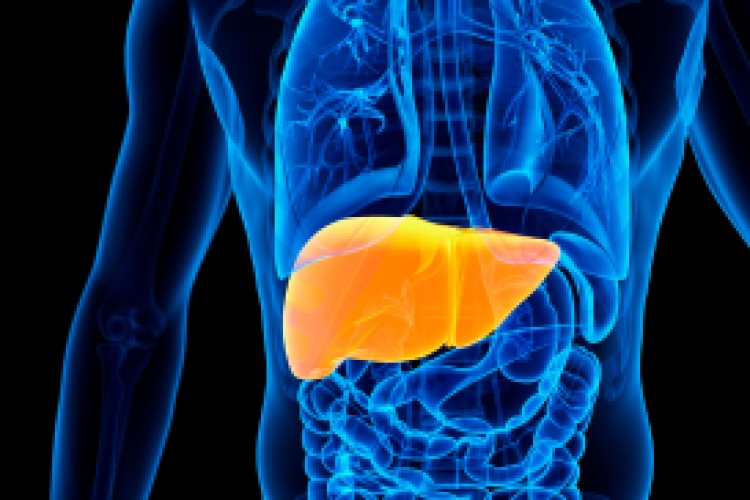
Many myths and misconceptions surround breast cancer, the most frequently diagnosed cancer in women. Knowing the facts lets you take steps to reduce your risk and improve your chance for the best outcome possible if you develop the disease. Here are some of the more common myths and misconceptions.
RISK FACTORS
Myth: There is nothing I can do to decrease my risk of breast cancer.
Fact: Living a healthy lifestyle can help decrease your risk. This includes vigorous exercise two to three times a week or moderate exercise daily; a low-fat diet high in whole grains; having no more than one alcoholic drink a day; not smoking; and keeping a healthy weight after menopause.
Myth: Having a “breast cancer gene” such as BRCA1 or 2 means I will definitely develop breast cancer.
Fact: Not everyone with a breast cancer gene will develop breast cancer. It’s true that women with one of these genes have a higher risk. According to the National Cancer Institute, 12% of women in the general population will develop breast cancer sometime during their lives. In contrast, approximately 72% of women who inherit a BRCA1 mutation and 69% who inherit a BRCA2 mutation will develop breast cancer by age 80.
Myth: Breast cancer is less of a risk after age 70.
Fact: Quite the opposite—the risk of all cancer, including breast cancer, increases with age. Although guidelines generally recommend that women over 70 discontinue mammograms, women should continue to be screened with mammography as long as they remain healthy and vigorous and have a reasonable life expectancy.
DIAGNOSIS
Myth: If I feel a lump that doesn’t show up on a mammogram, it can’t be cancer.
Fact: Overall, screening mammograms miss about 20 percent of breast cancers that are present at the time of screening, according to the National Cancer Institute. If you feel something that did not show up on a mammogram, see a breast health physician for advice and consultation and a further workup.
Myth: There’s just one type of mammogram.
Fact: A new 3D mammogram exam is more effective in detecting earlier cancers and decreases the need for women to get called back for additional mammography. This type of mammogram is very good for women with dense breasts, which can make it harder for a radiologist reading the mammogram to see the cancer.
TREATMENT
Myth: If I’m diagnosed with breast cancer, I must have surgery immediately.
Fact: Although it’s understandable that a woman would want immediate treatment, it’s safe to take a little time to get a second opinion and make sure you have the right information about the type of surgery and other treatment that is best for you.
Myth: Having a mastectomy to treat breast cancer is more likely than having a lumpectomy to increase a woman’s life expectancy.
Fact: The life expectancy and survival rates are the same for most breast cancers whether a woman is treated with a lumpectomy or a mastectomy. It’s true that there is a small risk that breast cancer may return after a lumpectomy with radiation. However, in those cases, a woman who goes on to have a mastectomy has the same survival rate and life expectancy as a woman who had a mastectomy right after diagnosis.
Myth: Breast cancer surgery always results in ugly scars.
Fact: Although breast surgery does involve leaving scars, it’s possible to hide them so they’re not visible. At Montefiore Nyack Hospital, we use the Hidden Scar approach, in which we place the incision in a location that is hard to see, so the scar isn’t visible when your incision heals. As a result, you have little to no visible reminder of the surgery or your cancer. It’s even possible to have a mastectomy with reconstruction without a visible scar.
Myth: Mastectomies require removing all of the breast tissue, including the skin and nipple.
Fact: New nipple- and skin-saving techniques have been developed that are just as effective at removing cancer and just as safe as a traditional surgery. The main difference is the benefit to the patient in her post-surgical appearance. These procedures are part of the new field called oncoplastic surgery, in which breast cancer surgeons and plastic surgeons work together and use the latest oncologic and reconstruction techniques for best possible survival and cosmetic outcomes.
Your breast health is in your hands. To make an appointment for an annual screening mammogram or to see a breast cancer specialist, call 845-348-7579.


ADDRESS/CONTACT INFO
160 North Midland Ave.
Nyack, NY 10960
Phone: 845-348-7579
Email: breastcenter@montefiorenyack.org



 Upcoming Events
Upcoming Events



